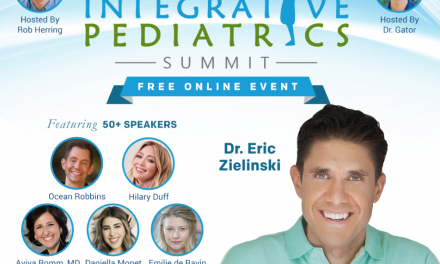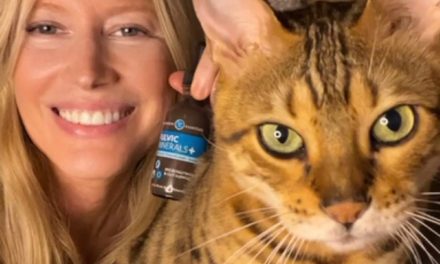In 2009 in what would be the last interview he would give before his death at 87 years old, Dr. Leon Eisenberg the “scientific father of ADHD” said, “ADHD is a prime example of a fictitious disease”.
Previous to this admission Eisenberg had made a cushy living off of his “fictitious disease” thanks to pharmaceutical sales and his research of ADHD in kids. A leader in child psychiatry for more than 40 years, many wrote off his statement as a mere exaggeration. However, many doctors are actually coming to the conclusion that ADHD is truely often over-diagnosed.
Living Traditionally quotes Harvard psychologist Jerome Kagan, one of the world’s leading experts in child development, as saying:
“Let’s go back 50 years. We have a 7-year-old child who is bored in school and disrupts classes. Back then, he was called lazy. Today, he is said to suffer from ADHD (Attention Deficit Hyperactivity Disorder). . . . Every child who’s not doing well in school is sent to see a pediatrician, and the pediatrician says: “It’s ADHD; here’s Ritalin.” In fact, 90 percent of these 5.4 million kids don’t have an abnormal dopamine metabolism. The problem is, if a drug is available to doctors, they’ll make the corresponding diagnosis.”
And today in the U.S., 1 out of 10 boys, among 10-year-olds, takes meds for ADHD on a daily basis…and this number is only growing. But why? Money. (I feel like I say that a lot.)
Lisa Cosgrove, a psychologist, found in her study Financial Ties between DSM-IV Panel Members and the Pharmaceutical Industry that, “of the 170 DSM panel members 95 (56 percent) had one or more financial associations with companies in the pharmaceutical industry” and “One hundred percent of the members of the panels on ‘Mood Disorders’ and ‘Schizophrenia and Other Psychotic Disorders’ had financial ties to drug companies.” If that’s not motivation to drug a generation I’m not sure what is.
And, Marc-André Gagnon and Joel Lexchin found that big pharma spent 24.4 percent of their sales on promotion, versus the 13.4 percent they spent on research and development, in 2004. That’s almost twice as much money to push drugs on people than it is to research them to make sure they’re safe!
And, are they safe? You be the judge. Check out the antidepressant black-box warning which lists the potential side effectswilling:
- Confusion
- Depersonalization
- Hostility
- Hallucinations
- Manic reactions
- Suicidal ideation
- Loss of consciousness
- Delusions
- Feeling drunk
- Alcohol abuse
- Homicidal ideation
Not many parents would willingly subject their children to drugs with such dangerous side effects if they really knew and understood. And that begs the question, are doctors explaining things fully and properly? You can NEVER stop being an advocate for your child because you can’t trust the medical community to do it for you.
Stay safe Health Nuts.
XO- Erin
Source: Living Traditionally












